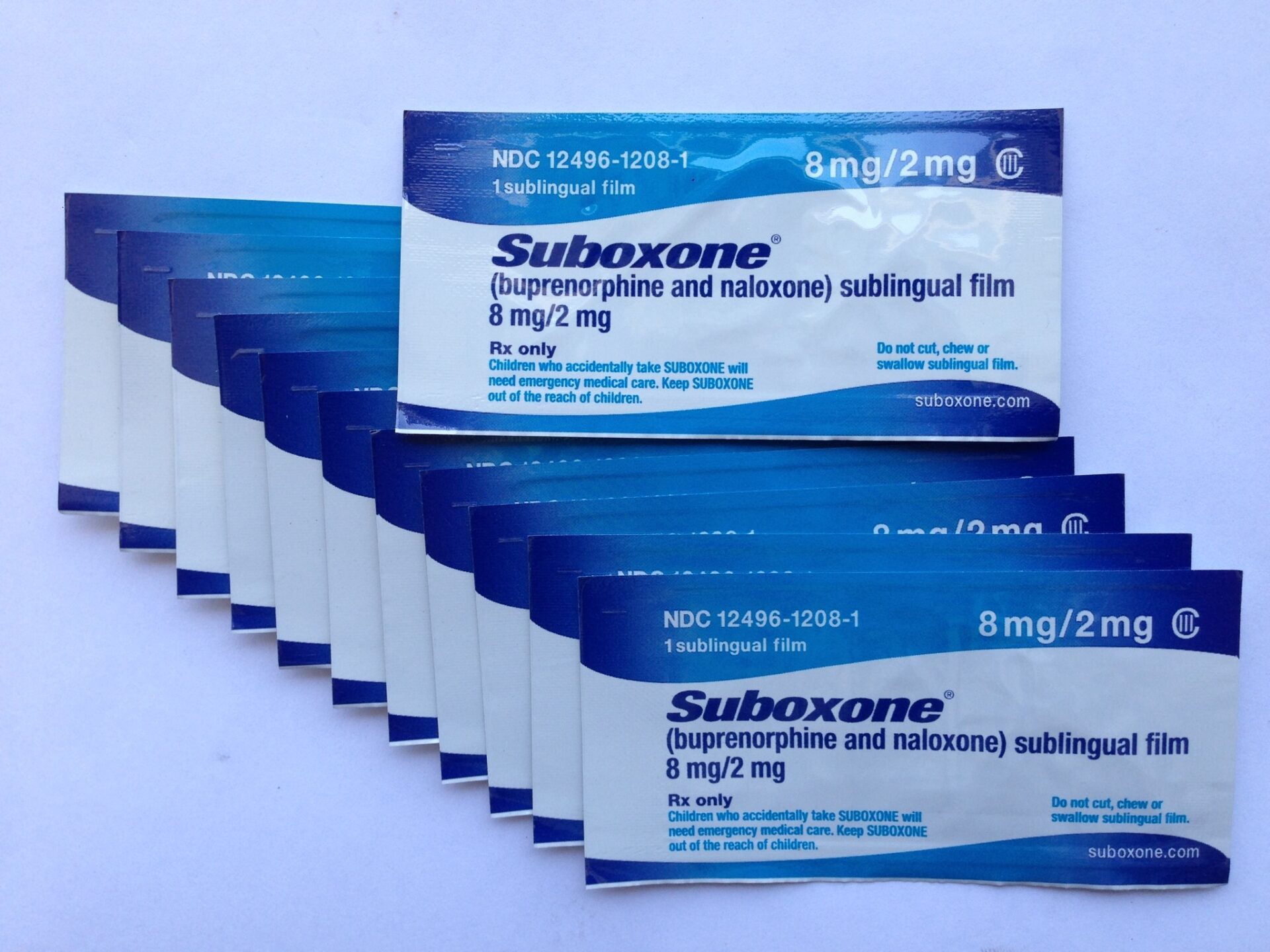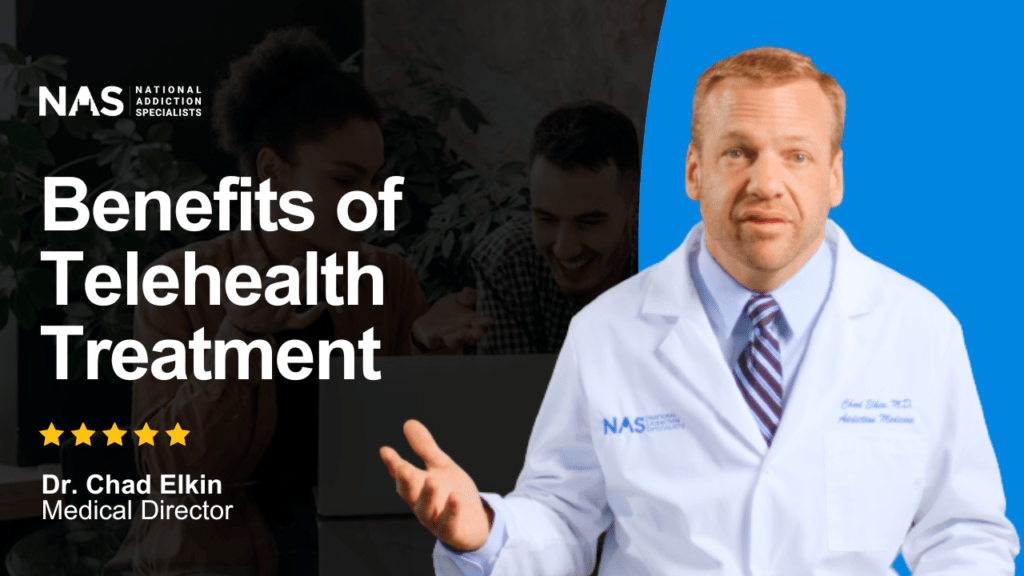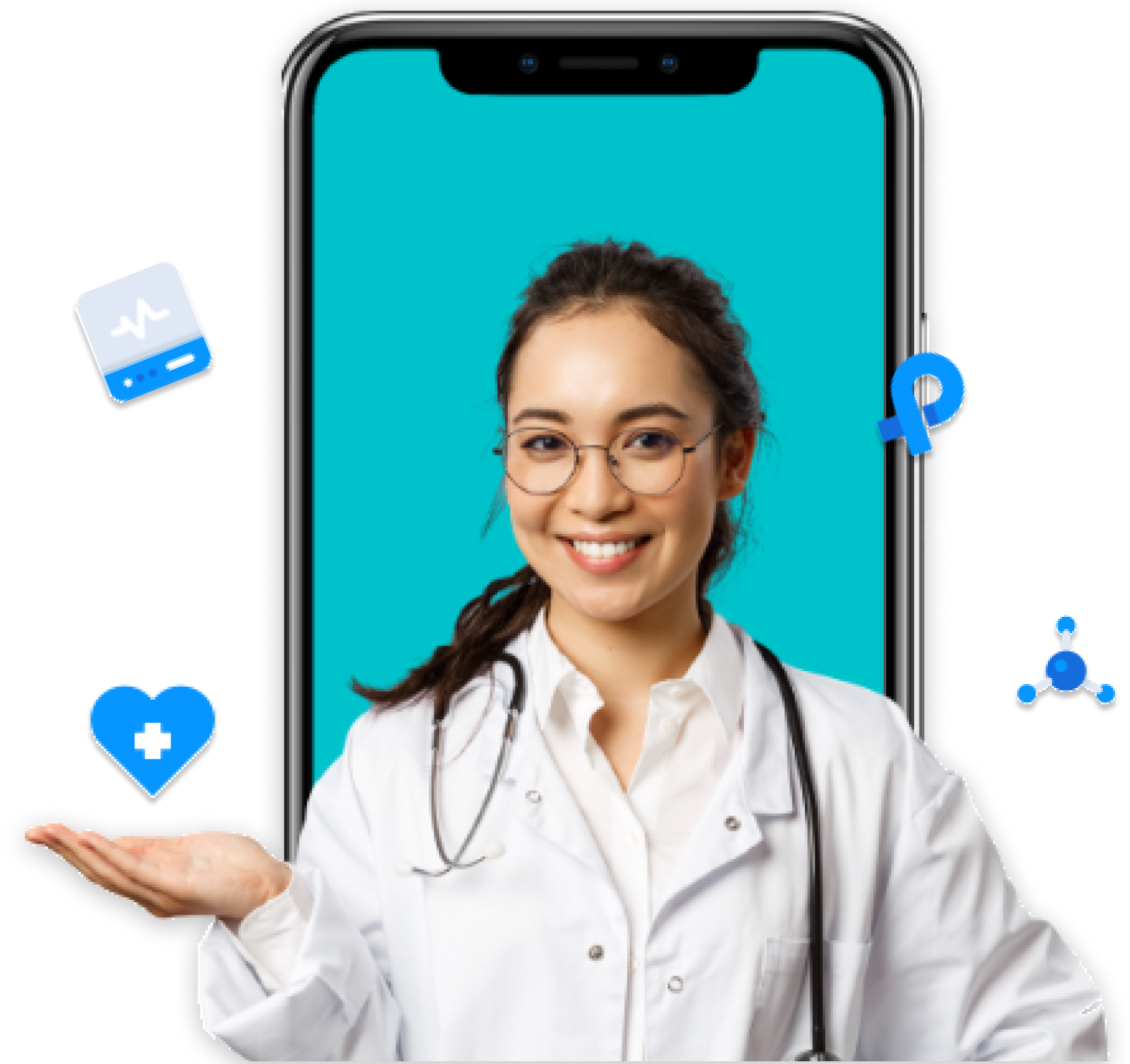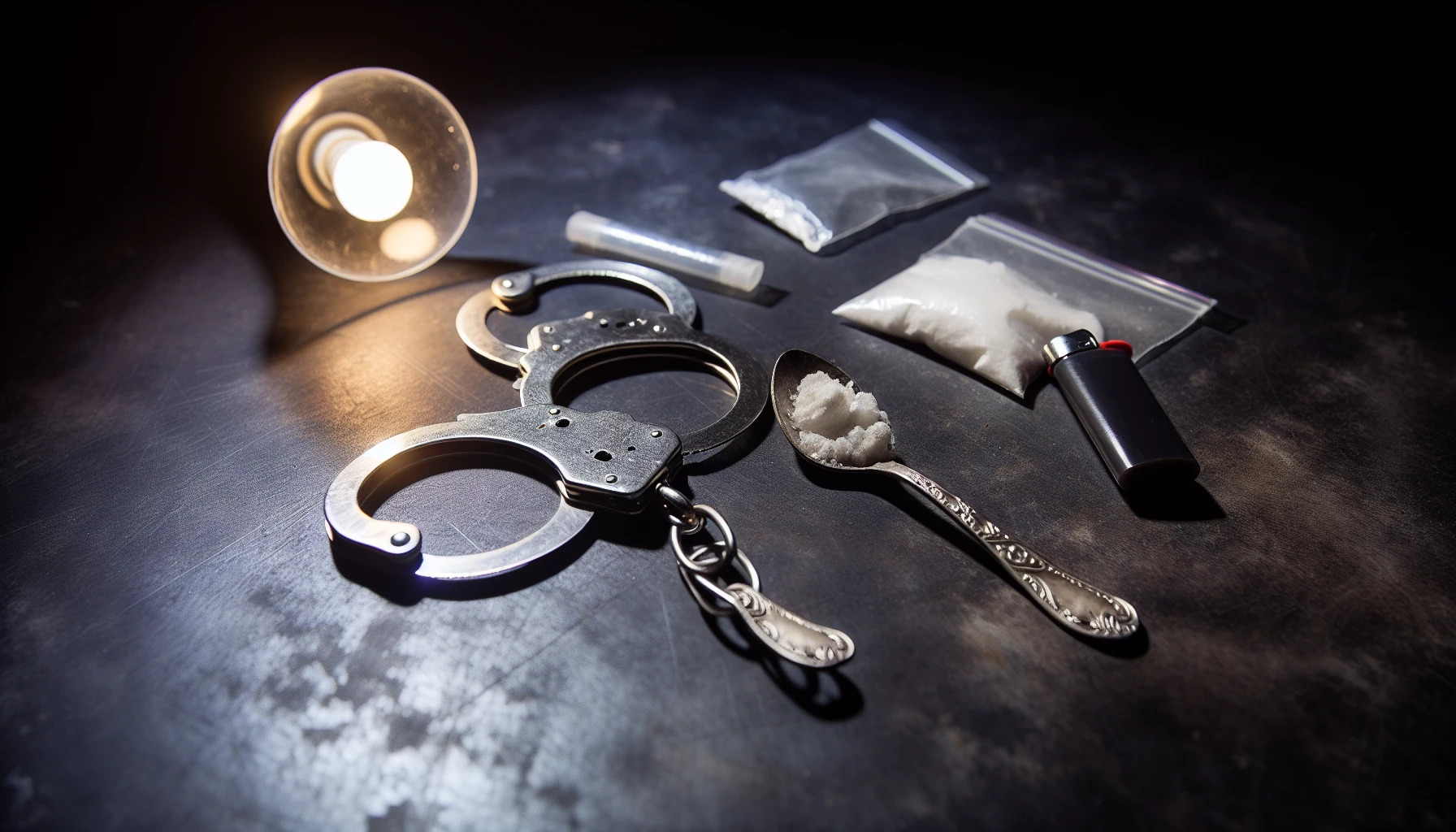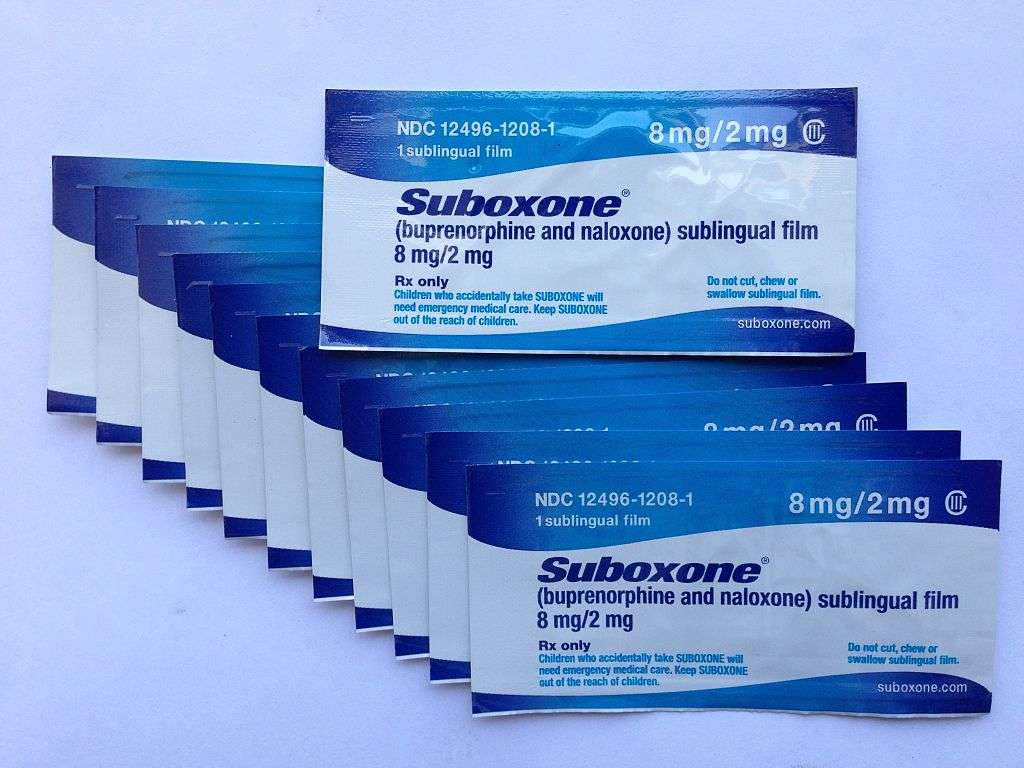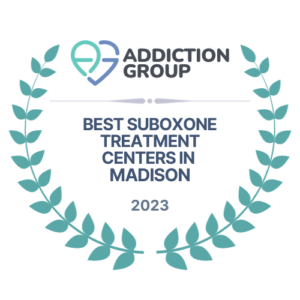Opioid addiction is a serious problem that affects many people, including the families and friends of those affected. For many people, this condition is very difficult to overcome, as it seems frightening for them to get help.
Suboxone treatment is one of the most effective options in treating opioid addiction. Not only is it effective, but it can be done safely, conveniently, and privately from your home without the need of going to a clinic or hospital. In this article, we’ll be discussing the different benefits of suboxone treatment for opioid addiction and how it works.
What is Suboxone?
Suboxone is an FDA-approved opioid addiction treatment drug that is prescribed to people who are addicted to either prescribed or illegal opioids. Buprenorphine and Naloxone are its two major components. Buprenorphine is a partial opioid agonist that binds and partially activates opioid receptors and lessens cravings. Naloxone, the second component, blocks opioid receptors from other opioids, but is not active when the medication is taken properly under the tongue. These medications function as a team to lessen withdrawal symptoms brought on by opioid addiction.
Since suboxone binds to opioid receptors in the brain, it is also regarded as an opioid. But unlike oxycodone or heroin, suboxone is considered to be a safer opioid because it only partially activates the opioid receptors in the brain.
How does suboxone treatment work?
Suboxone is a prescription drug that addiction treatment professionals use in Medication-Assisted Treatment (MAT), a strategy that effectively treats opioid use disorders (OUD) and may help some people maintain recovery. MAT combines counseling and behavioral therapies with the use of medications. Strong cravings for opioids and other withdrawal symptoms may be lessened by it. However, counseling should be added to suboxone treatment plans, and aftercare support should always be provided.
Suboxone, usually prescribed as a sublingual film, is a combination of two drugs: buprenorphine and naloxone. Suboxone’s primary component is buprenorphine. It was initially developed as an approach to treating opioid addiction. According to research, this medication prevents the effects of opioids, lessens the symptoms of withdrawal, and suppresses cravings.
Naloxone is the second component of Suboxone. The consequences of an opioid overdose are countered by this drug. In order to prevent opioid medications’ negative side effects, it attaches to brain receptor sites and blocks opioid attachment. They can both work together to make it easier for you to handle withdrawal symptoms.
Suboxone medication combined with counseling substantially reduces cravings and withdrawal symptoms that keep patients from making progress in their recovery. A crucial component of suboxone treatments is education and counseling. They assist patients in acquiring knowledge and abilities that will enable them to manage challenges that could otherwise cause a relapse.
Benefits of Suboxone Treatment for Opioid Addiction
Many people who struggle with opioid addiction can find relief through suboxone treatment. It may be able to lessen such symptoms, allowing you to experience withdrawal more comfortably. Compared to methadone, suboxone has been found to be a more successful form of treatment and is less likely to cause an overdose vs methadone. Suboxone treatment has some of the following advantages:
Less Likely To Be Abused
Treatment with suboxone reduces cravings and withdrawal symptoms, which helps patients concentrate on addiction counseling instead of being distracted by them. The root reasons of substance misuse, such as depression, anxiety, or other types of mental disease, are also addressed by treatment programs.
Naloxone, a drug intended to reverse opioid overdoses, is a component of the Suboxone treatment; however, it cannot be taken to produce the full opioid effect. When taken as prescribed, it is far more difficult to abuse, and the addition of naloxone will discourage users from dissolving the medication to inject it. Suboxone injection users will experience withdrawal symptoms extremely quickly. As a result, oral administration will likely be preferred by the majority of opioid abusers as naloxone is not active when taken under the tongue.
Very Accessible and Private
Many opioid users find it challenging or impossible to travel to a clinic every day for treatment. However, your family doctor’s office can write a prescription for suboxone treatment, which you can then take home in a monthly supply. Most of the time, neither hospitalization nor residential treatment will be necessary. While receiving an effective course of treatment, you can manage your everyday obligations. Patients can concentrate on other areas of their recovery because it provides a convenient level of medicinal support. You won’t have to give up your family or career, and there’s nothing to be scared of as your suboxone treatment will be kept secret.
High Rate of Success
In general, suboxone treatment for opioid addiction has a high rate of effectiveness in reducing opioid cravings and withdrawal symptoms. Due to the drug’s deterrent effects against overuse and lack of euphoric effects, suboxone users find it simpler to stay with the program. The drug still fills the opioid receptors in the brain although it is only a partial opioid agonist, which means it doesn’t create the same euphoric feeling as other opioids.
The treatment approach can taper the suboxone dosage over time once the patient has been in recovery for an extended period of time. Compared to Methadone, which is a full opioid agonist, Suboxone was developed with the intention of being less addictive with less potential of major adverse effects such as overdose as a partial opioid agonist
Affordable and Effective
Suboxone offers much greater value for your money than methadone, despite the fact that it may be considered to be a more cost-effective option overall. For many patients, it is incredibly advantageous since insurance frequently covers the expense of the suboxone medication. Suboxone is also offered in a generic form that is less expensive. Additionally, a lot of individuals are eligible for payment plans to assist them with the expense of their medical treatment. The cost of suboxone treatment is justified for many addicts who desire to improve their life because it is a far more effective medicine.
Side Effects of Suboxone
Side effects from suboxone can range from being minor to severe, but most people do not have any side effects. Some of the typical side effects that could happen when taking Suboxone are listed below:
- Nausea and vomiting
- Headache
- Sweating
- Body Pain
- Numb mouth
- Constipation
- Abdominal cramps
- Painful tongue
- Dizziness and fainting
- Problems with concentration
- Rapid heart rate
- Insomnia
- Blurry vision
- Fatigue
- Back pain
- Drowsiness
- Anxiety
- Depression
The most severe side effects of Suboxone treatment can be attributed to the drug’s partial opioid agonist characteristics. The following serious side effects may require immediate medical attention:
- Low blood pressure while standing
- Severe allergic reaction
- Changes in liver function or liver failure
- Rashes, hives, or itching
- Breathing problems
- Risk of overdose or death when used improperly or with other sedatives and/or depressants.
- Coma
Suboxone has the potential to cause respiratory depression because it is a partial opioid agonist, but this is exceedingly rare unless combined with another substance that also causes respiratory depression. An oxygen deficiency in the body is brought on by respiratory depression, which is characterized by shallow or slow breathing. The most serious side effect of Suboxone may be respiratory depression.
Users should seek emergency medical attention right away if they suffer this side effect. The possibility of experiencing severe respiratory depression increases with Suboxone abuse or overdose. While taking this drug, Suboxone users should stay in touch with their treatment provider.
Frequently Asked Questions
Am I qualified for suboxone treatment?
Ideally, suboxone treatment is a good choice for people who:
- Battling addiction to heroin or any other medication that are opioids
- Possess the ability to take your medicine at the appropriate times and doses.
- Will regularly follow up with their doctor to make sure that suboxone treatment is working.
- Can abstain from alcohol use while receiving treatment.
- Are dedicated to completing Suboxone-assisted counseling or drug treatment.
Is Suboxone Treatment effective?
Yes, it is very effective. Suboxone has a number needed to treat (NNT) of approximately 2. What this means is that you only have to treat two patients with suboxone to prevent one major adverse outcome, such as overdose, stroke, death etc. Comparatively, many diabetes medications have a number needed to treat of 200, meaning 200 patients must be treated to prevent one severe adverse outcome. Everything is connected to how the brain functions. Opioids connect to brain receptors when you take them, resulting in pleasurable experiences. Your brain begins to create less of its own naturally occurring opioids as time goes on, becoming dependent on the drug to operate. Opioid receptors, however, continue to expect the drug even after you stop taking it. Anxiety, nausea, and muscle aches are among withdrawal symptoms that are brought on by this.
Suboxone prevents withdrawal symptoms by filling up the brain’s receptors. Additionally, it prevents other opioids from attaching to the receptors, which can aid in avoiding relapse. You can concentrate on your recovery by taking Suboxone as prescribed by your doctor.
Does Suboxone Cause Physical Dependence?
Physical dependence is a risk while using opioid medicines of any kind. Suboxone, on the other hand, only acts as a partial opioid agonist, lacking the euphoria experienced with drugs like oxycodone. In contrast to using full agonists, using Suboxone causes less physical dependence and lowers the risk of tolerance development. Suboxone provides the level of assistance needed for patients to concentrate on other parts of their treatment, like counseling. The treatment then moves on to gradually reduce the dosage until the patient is able to stop taking the medication.
Opioid dependence can sometimes be so severe and pervasive that the only safe course of action is to progressively lessen the need until the person has the ability and resources to completely quit. There is still a chance of experiencing some withdrawal symptoms, but they won’t be as bad as they would be with a full opioid agonist. Your treatment will be managed and addressed at the discretion of your doctor.
Contact National Addiction Specialists For Your Suboxone Treatment!
If you are suffering from opioid addiction and in need of help, National Addiction Specialists is here for you.
You can chat and talk to a doctor from the privacy of your home using your phone, tablet, or computer. Your personalized treatment plan will be given to you, and you will receive telemedicine treatment going forward until you complete your recovery.
Take action to overcome your opioid addiction by contacting us.
References:
https://www.ema.europa.eu/en/medicines/human/EPAR/suboxone
https://www.healthline.com/health/drugs/buprenorphine#_noHeaderPrefixedContent
https://www.healthline.com/health/pain-management/methadone-vs-suboxone


